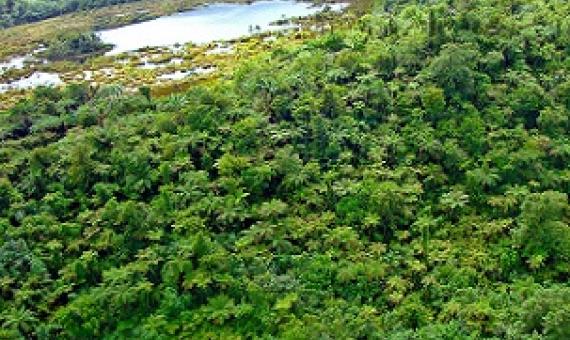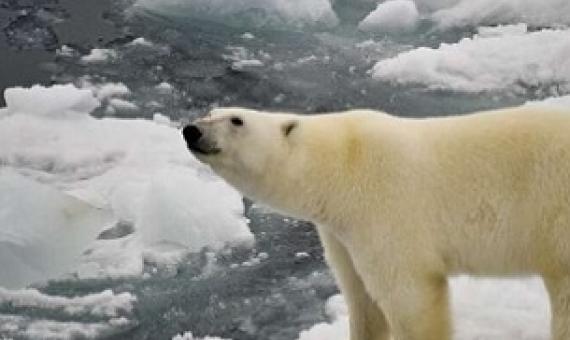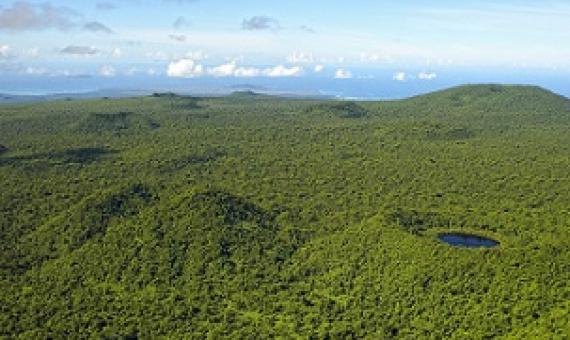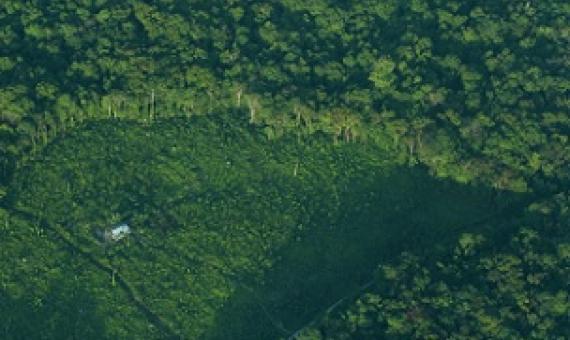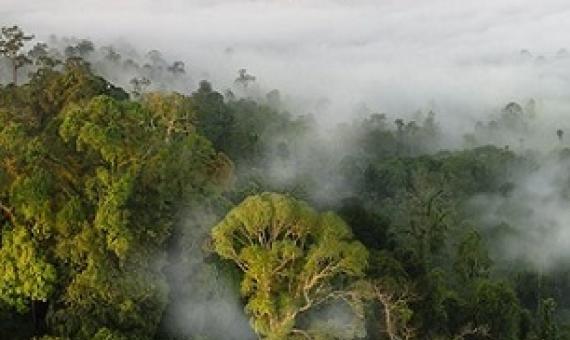A staggering 57% of threatened species need targeted recovery actions to ensure their survival, new research has shown.
United Nations negotiators have begun talks in Nairobi towards reaching a new global pact for protecting nature and wildlife, after a previous round of talks in March failed to make progress.
Scientists hope an ambitious agreement to arrest species extinction will be finalized in China later this year, but the country’s pandemic response puts that in doubt...They say the delay to the agreement, which aims to halt the alarming rate of species extinctions and protect vulnerable ecosyste
Best Practice in Delivering the 30x30 Target
This guidance document identifies the best options for successful delivery of draft Target 3 of the Global Biodiversity Framework (GBF) from the Convention on Biological Diversity (CBD). There is good evidence that this will radically increase the success of biodiversity conservation. “Success” is measured in ecological, social and economic terms, ideally all three will be met in individual sites, or at least for the system as a whole, but guidance is given on trade-offs where necessary.
Expanding nature reserves to cover at least 30 percent of the planet by 2030 is the flagship proposal of high-stakes talks to rescue Earth's animals and plants from human destruction.
Global efforts to cut plastic and agricultural pollution, protect a third of wild spaces, and ultimately live "in harmony with nature" will dominate UN biodiversity negotiations starting Monday, held in person after a two-year pandemic delay.
A role for UNEP’s Regional Seas Programme under the post-2020 global biodiversity framework
A case is put forward to make best use of UNEP’s Regional Seas Programme (RSP) for the Convention on Biological Diversity’s (CBD) post-2020 global biodiversity framework (GBF). A review of the work of the RSP’s component Regional Seas Conventions and Action Plans (RSCAPs) highlights their potential for strengthening the marine and regional outlook of the GBF, as well as their current limitations.
A new action plan to halt biodiversity loss needs scientific specialists to work with those who study how governments function...The GBF is a comprehensive plan. But success will require systemic change across public policy. That is both a strength and a weakness.
A growing global push to safeguard nature by pledging to protect about a third of the planet’s land and oceans by 2030 will fall short unless biodiversity-rich Southeast Asian nations get behind the ambitious proposal, environmentalists have warned...Cambodia is the only Southeast Asian nation to
In July, the U.N. released a draft of the Post-2020 Global Biodiversity Framework, which called for 30% of Earth’s land and sea areas to be conserved. Known as “30 by 30,” the plan has drawn fire from Indigenous rights activists and their allies, who say that it could prompt mass evictions.



